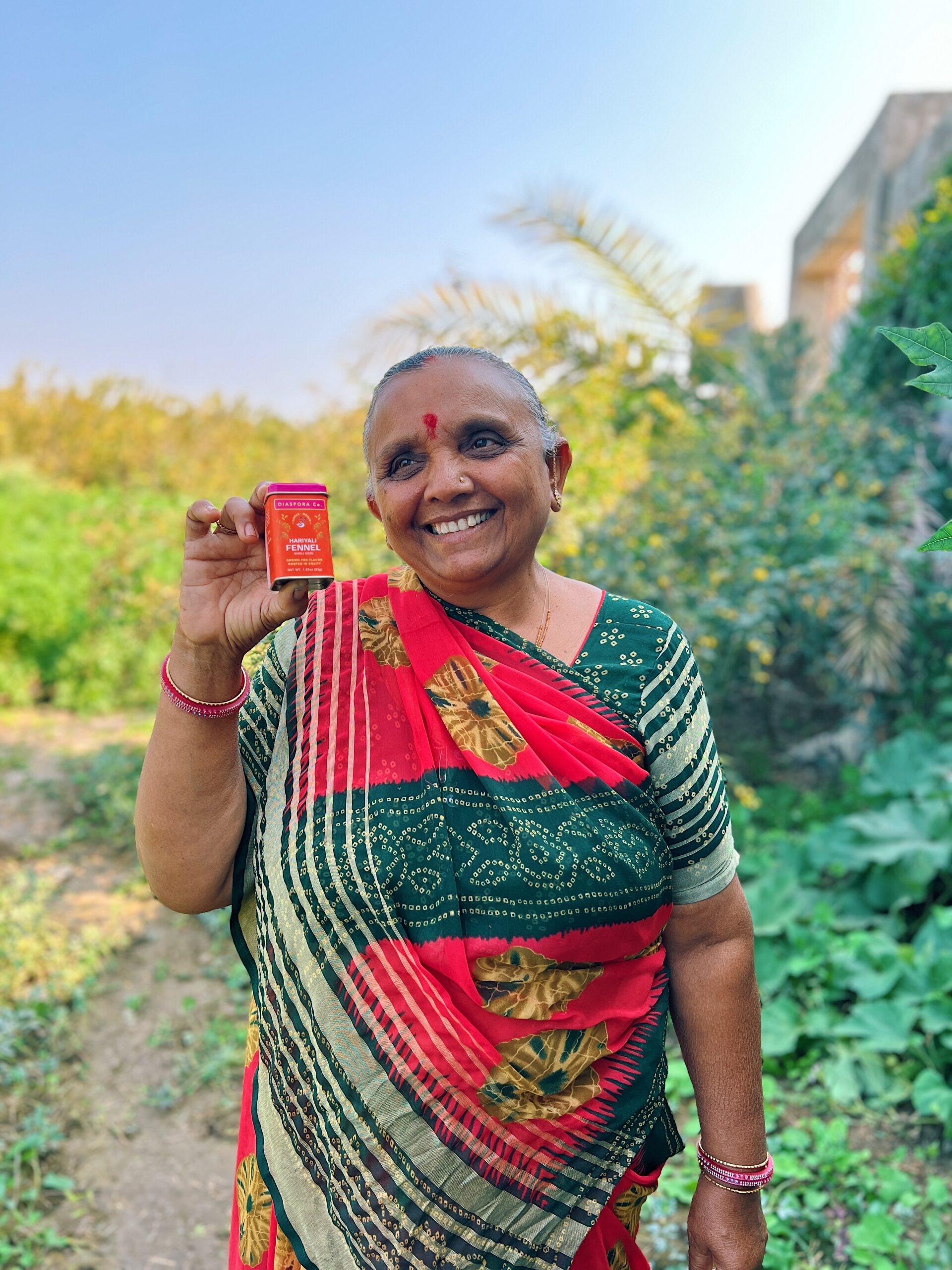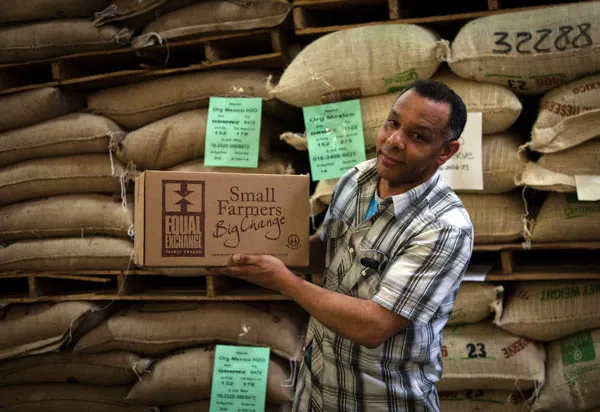In our current stage of materialist economy, we are entranced with capital and disconnected from our hearts. This discord is a result of the inherent nature of capital, so centered as it is in the head, as the origin of the word indicates. In the visible world discord looks like a widening gap between wealth and poverty, and in the inner world like a disintegration of beliefs, values, and behavioral decisions. Make no mistake, we need capital in one form or another, and we need those who work with capital to be in the world in a way that values each human being and supports the regeneration of nature. This inner integrity might then begin to heal social and ecological wounds.
So, how might the imagination of economic life change from where we currently are— dependence on growth that is heading toward the demise of nature and increased suffering—to one that is instead life affirming and regenerative? The purpose of this essay is to focus on a guiding framework for systemic change. Real change never happens without a guiding imagination.
Let’s start with the basics. As I remember, the things that I needed to know or commit to memory, I learned by heart—a poem, a lifeline phone number, a lover’s birthday. I suspect this is true for others as well, though ever-present reference technology has helped us grow lazy about such matters. Long before textbooks, encyclopedias, and wikipedias, the heart is what we had by way of stored knowledge, even while it was the head’s task to process that knowledge. Thus, consciousness has been as much if not more a product of the heart than of the head, though modern industrial culture has come to prize intellect over character. We have learned how to perceive and transform nature, while also learning from each other in order to survive as individuals and in communities.
As we evolved, our relationships were practical as well as spiritual; that is to say that trust catalyzed community action, whether the trust was a result of blood connection or common cause. Each individual discovers and develops her or his own capacities or gifts. And, it is when those capacities begin to serve both self and others that the glimmerings of economic life emerge. Fast forward and you get the industrialized version of economic efficiencies in the division of labor. When I am contributing my capacities and in return receiving what I need back from the community, I feel engaged, recognized, and valued—supported both materially and through a sense of fulfillment. While this is a somewhat simplistic framing, I believe this feeling is one desired not only by me, but also by a significant number of individuals open to reflecting on the nature of vocation and economic life.
What I am describing is a heart-centered economy, one motivated by continuous circulation, connection, caring, and cognizant of each person’s dignity and destiny. And most important, an economy in which the rediscovery of trust becomes the vital element supporting the circulation and regeneration of resources as common, co-produced wealth, including but certainly not limited to money. After all, money emerged primarily as an economic convenience, as a portable way to store value. By agreement its value was established through the exchange of goods and services. It was a means. But, as money has become more a valued commodity in and of itself, it has been disconnected from its purpose of accounting for economic flow, disconnected from real needs and human activity. In this sense, the more money is valued as an accumulated object attached to an individual, the more anti-social it becomes. In contrast, economics is deeply social as we are fully dependent upon one another’s capacities to meet our material needs.
by John Bloom
John Bloom is the former Senior Director of Organizational Culture at RSF Social Finance.


